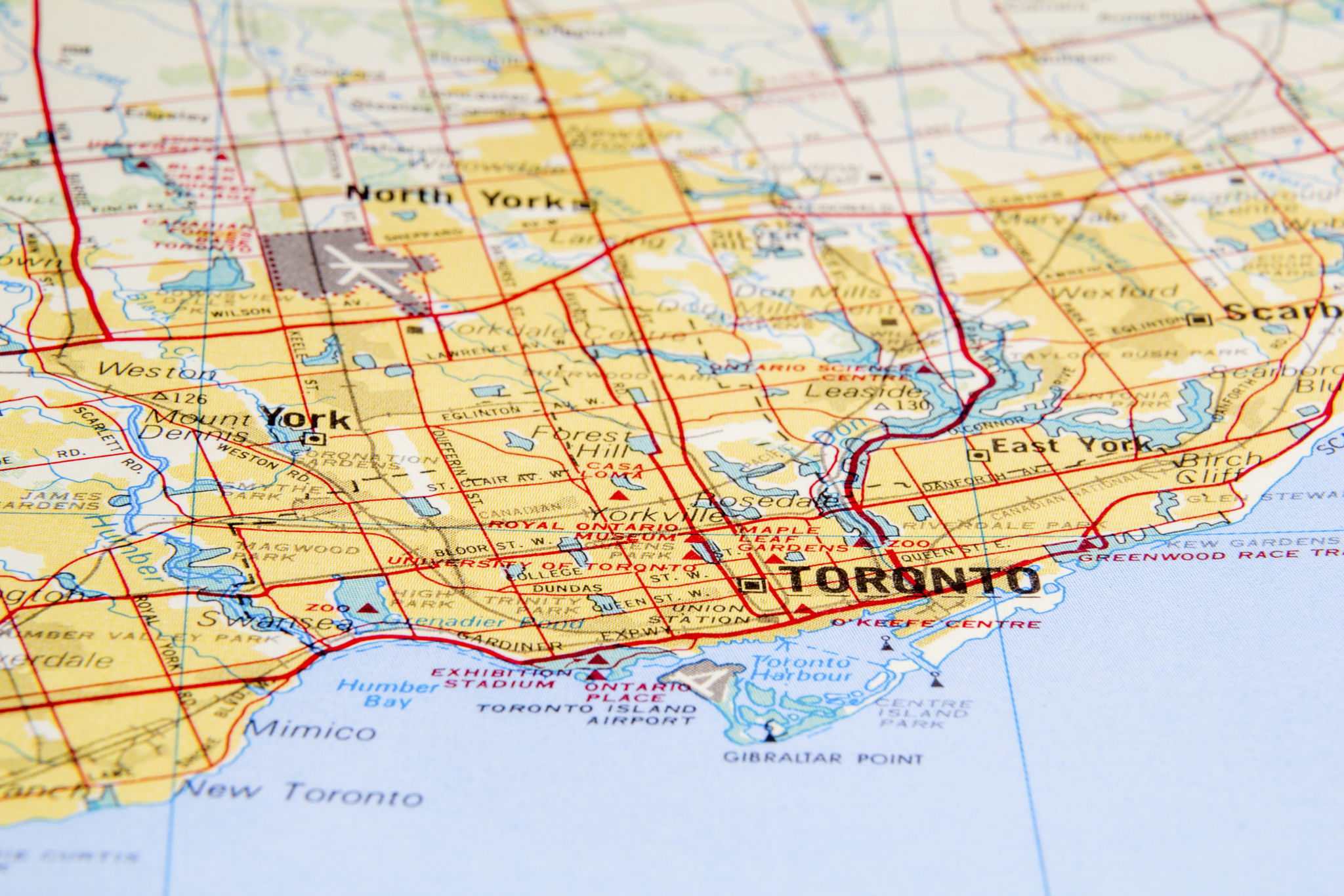Understanding Zoning Laws in Toronto: A Homeowner's Guide
What Are Zoning Laws?
Zoning laws are regulations set by local governments to dictate how land within certain areas can be used. These laws are crucial for maintaining order and ensuring that a city develops in a way that meets the needs of its residents. In Toronto, zoning laws can influence everything from the types of buildings that can be constructed to the way properties can be used.
Understanding zoning laws is essential for homeowners, especially if you're planning any renovations or new constructions. Zoning laws can impact your property's value and the kind of modifications you can legally make. By being informed, you can avoid costly mistakes and ensure compliance with local regulations.

Types of Zoning in Toronto
Toronto's zoning laws categorize land into several different types, each with its unique set of rules and restrictions. The primary categories include:
- Residential Zoning: This includes single-family homes, duplexes, and apartment complexes. Each type has specific regulations about building heights, setbacks, and density.
- Commercial Zoning: This applies to areas designated for businesses such as retail stores, restaurants, and offices.
- Industrial Zoning: These areas are reserved for manufacturing facilities, warehouses, and other industrial operations.
- Mixed-Use Zoning: These zones allow for a combination of residential, commercial, and sometimes industrial uses.
Each zoning type has its specific guidelines, and it's important for homeowners to understand which category their property falls under.
How to Determine Your Property's Zoning
Determining your property's zoning is a straightforward process. The City of Toronto offers online resources where homeowners can enter their address to find detailed zoning information. This information will include the zoning designation, any applicable bylaws, and restrictions on property use.

It's also advisable to consult with a professional planner or lawyer who specializes in zoning laws if you're considering significant changes to your property. They can provide expert guidance and help navigate complex regulations.
Common Zoning Challenges Homeowners Face
One of the most common challenges homeowners face is dealing with zoning variances. A variance is a request to deviate from current zoning requirements due to unique circumstances or hardships. Obtaining a variance requires approval from the city and involves a formal application process.
Another challenge is understanding the restrictions on property modifications. For example, if you live in a residential zone, there may be limitations on the height of fences or the size of extensions you can add to your home.

Staying Informed and Proactive
The best way to navigate Toronto's zoning laws is by staying informed and proactive. Regularly reviewing zoning updates and attending community meetings can provide valuable insights into any upcoming changes that might affect your property.
Ultimately, understanding and complying with zoning laws not only helps you avoid legal issues but also contributes to the overall harmony and development of your community. By being proactive, you can ensure that your property remains a valuable asset in Toronto's vibrant urban landscape.
